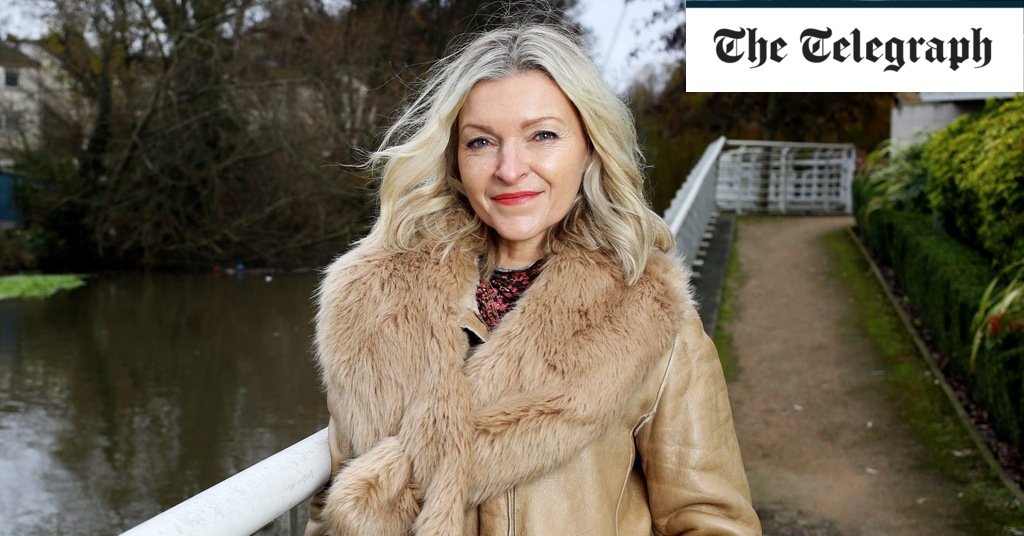In 2014, my migraines, which had been intermittent for years, became chronic as I entered my 40s and menopause. The departure of my two grown children and the recent loss of my grandmother heightened my anxiety levels. However, it was the emotional turmoil I was experiencing that truly brought me to my knees, often serving as a trigger for the migraines.
These migraines would ascend one side of my neck, settling in one eye, sometimes accompanied by an upset stomach. A sense of brain fog would envelop me, accompanied by throbbing pain so intense that, at its peak, I found myself confined to a dark room with ice on my neck and a hot water bottle on my feet. These episodes could persist for up to two to three days, occurring once or twice a week at their worst.
The impact on my loved ones was palpable. While my husband, family, and friends offered unwavering support during these episodes, conveying the intensity of the pain proved challenging. My tendency to internalize my struggles and avoid discussing them led to a sense of isolation, leaving those closest to me standing by helplessly. I recall a particularly distressing incident where a severe migraine forced me to pull over while driving home from a wedding, with my daughter Ruby, then in her early 20s, taking the wheel to ensure our safe return. Despite the challenges, Ruby’s support and care were unwavering, providing me with ice packs and pain relief upon our arrival.
Lou Hamilton discovered that embracing a vegan lifestyle and eliminating alcohol had a profound impact on her well-being.
On January 1, 2017, I woke with a resolve to make a change. I made the decision to quit consuming alcohol to alleviate the burden of migraines. The severity of my migraines at the time motivated me to eliminate any potential triggers.
The transition away from alcohol was not the most challenging aspect; rather, it was the social implications that posed a struggle. Declining alcohol in social settings often led to awkward encounters, where my abstinence made others uncomfortable about their own consumption habits. Despite the social challenges, I recognized the benefits of transitioning to a wholefood, plant-based diet in managing my health. This dietary shift was essential in managing my menopausal symptoms and migraines, especially since HRT was not an option due to fibroids. Within three months of forgoing alcohol, I embraced a plant-based diet, relinquishing sugar in the process.
While these dietary changes further isolated me socially, they significantly enhanced my quality of life. Beyond reducing the intensity and frequency of migraines, they sparked a newfound creative energy, leading me to explore art after stepping away from my career in film and television.
Navigating social situations without the crutch of alcohol was challenging, as it stripped away the distractions that often accompany social interactions. The journey to self-discovery without external influences was both revealing and transformative.
In 2017, the prevalence of plant-based diets and sobriety was limited, making social interactions more complex. However, the evolving landscape now offers a variety of zero-alcohol beverages that can elevate social experiences.
Despite the difficulties of adhering to a strict diet and abstaining from alcohol, the improvement in my migraine management justified these sacrifices. While migraines persist to some extent, they are now more manageable. Embracing these changes not only enhanced my health but also empowered me to step out of my comfort zone, leading to the successful launch of my podcast.
Nutritional guidance for migraine sufferers emphasizes the benefits of an anti-inflammatory, antioxidant-rich plant-based diet. Identifying personal triggers, such as histamine intolerance, is crucial, requiring collaboration with a nutritionist. Potential culprits include aspartame, cheese, chocolate, citrus fruits, nitrates, and MSG, with recommended alternatives to mitigate migraine triggers.
